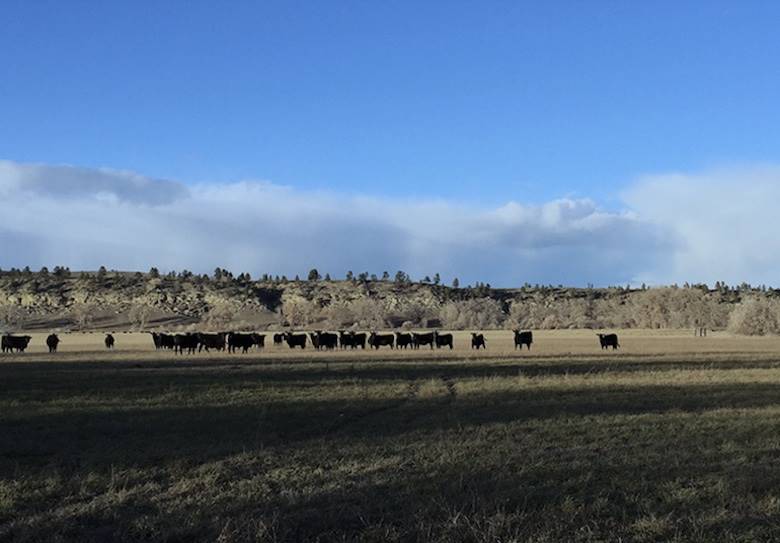Kering: ‘healthy soil is the starting point’

Paris-based luxury goods group Kering has updated the wider fashion industry on its progress away from a “take-make-waste” approach, as the group described it, towards circularity.
A key thread to the group’s recently released report, Circularity ambition: coming full circle, centres on regenerative agriculture and, specifically, its links to the production of cotton, leather, wool and cashmere. “Healthy soil is the starting point for the natural and renewable materials we use, which all come from grazing land,” Kering said.
According to the report, the François-Henri Pinault-controlled company’s environmental profit and loss (EP&L) tool has identified tier four of its supply chain - “that is, with the goat herders, in the cotton fields and the cattle pastures where we source our cashmere, cotton and leather” - as the cradle for its “biggest” environmental impacts.
32% of Kering’s environmental impacts are linked to potential biodiversity and land use impacts, for example, which it said mostly occurred as a result of raw material production at tier four.
The group spun this as an opportunity to “change the systems to generative positive outcomes through nature-based solutions,” beginning with its joint launch of the Regenerative Fund for Nature alongside United Stated-based non-profit Conservation International in January of this year.
Through working together, one million hectares of current crop and grazing land will be transitioned into regenerative farming practices by 2025, Kering stated. Further, grants will be provided to frontline producers in 17 countries, enhancing their capacity to grow fibre and graze animals, with a particular focus on wool, leather, cotton and cashmere materials.
“We want to show that livelihoods and biodiversity can be changed for the good through better soil management and by supporting local farmers through impactful transformations,” the group said.
At brand level, Kering top performer Gucci has funded wool growers in Argentina’s Patagonia region to support their efforts to switch over to regenerative grazing on 1,800 hectares of grasslands, with the long-term intention to help better soil health, water quality, biodiversity, animal welfare best practices and carbon sequestration there.
Looking to its own supply chain, the Florence-headquartered brand has also been working on feasibility studies to identify and scale regenerative agriculture projects within its sourcing regions, Kering explained.
Regarding the leather it uses, Gucci recovered and was able to reuse and/or recycle 27 tonnes of leather scraps as part of its in-house Gucci-Up scheme between 2018 and 2020. The brand achieved this through collaborating with non-governmental organisations (NGOs) and social cooperatives based in its home nation of Italy, the report elaborated (but did not go into detail).
In 2020 alone, Gucci collected and reused 25 tonnes of leather offcuts as fertiliser.
On the topic of ecologically harmful microfibres, Kering said that it is currently collaborating on an unspecified pilot scheme to “filter out” microfibres.
Image: Kering.










